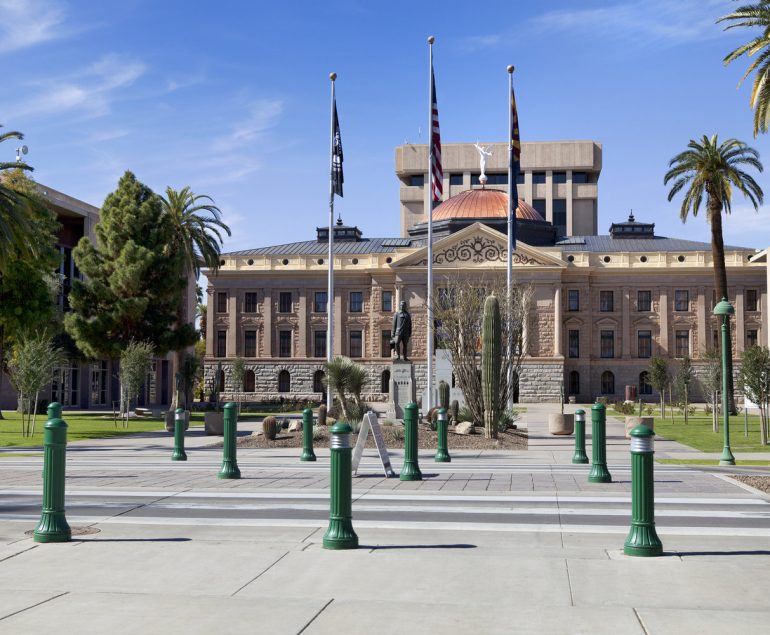Arizona’s healthcare system is under threat from Proposition 315, set to appear on the 2024 ballot. This proposition, if passed, would introduce new bureaucratic hurdles into an already well-functioning regulatory system, potentially leading to delays, logjams, and increased costs for healthcare delivery.
What proponents of Proposition 315 overlook is that Arizona already has a robust system of checks and balances in place to ensure that agency rulemaking is both transparent and economically sound.
The Importance of Regulatory Stability
A stable and predictable regulatory environment is crucial for businesses, particularly in healthcare, where the consequences of regulatory uncertainty can be severe. Arizona’s current regulatory framework has allowed our healthcare system to thrive, helping patients and contributing to a strong state economy.
Proposition 315 disrupts this balance by imposing excessive legislative oversight on agency rulemaking. The uncertainty that Proposition 315 would introduce could lead to higher costs for healthcare providers, who may need to navigate a more complex and politically charged regulatory landscape, passing these costs on to consumers.
Existing Oversight: A Strong Foundation
Proponents of Proposition 315 argue that it will enhance oversight and accountability in agency rulemaking. However, this ignores the fact that Arizona already has a comprehensive oversight system in place.
Both the Governor’s Regulatory Review Council and the Administrative Rules Oversight Committee (an arm of the state legislature) are already tasked with ensuring that agency rules are carefully scrutinized before they take effect.
The Governor’s Regulatory Review Council, for example, already reviews all proposed rules to ensure they follow statutory authority and are necessary to achieve the desired public policy goals.
The Governor’s Regulatory Review Council already evaluates the economic impact of these rules, considers how they will affect businesses, and individuals. This process provides an existing check on agency power, ensuring that regulations are not only effective but also economically feasible.
Similarly, the state legislature’s Administrative Rules Oversight Committee already provides legislative oversight by giving legislators the ability to scrutinize and challenge any rule that raises concerns.
The existing system already holds state agencies accountable and strikes a balance between allowing agencies the flexibility to implement necessary regulations while ensuring legislative oversight.
Proposition 315: Redundant & Risky
Given the existing oversight mechanisms, Proposition 315 is not only redundant but could also have serious negative consequences for Arizona’s healthcare system by requiring legislative approval for a broader range of agency rules, slowing down the rulemaking process and creating potential bottlenecks.
This additional layer of oversight could lead to significant delays in implementing important regulations, which could jeopardize public health and safety.
By inserting more legislative oversight into the process, Proposition 315 politicizes rulemaking, potentially leading to decisions based more on political considerations than on the expertise and evidence that currently guides agency rulemaking.
The Bottom Line
Arizona’s healthcare system depends on a stable, predictable regulatory environment—one that is already well-protected by existing oversight mechanisms.
By adding unnecessary layers of legislative oversight to state agency work, Prop 315 introduces uncertainty and delays into this system that will harm patients, healthcare providers, and the state’s economy.
The current regulatory framework for state agency regulation development, with its robust checks and balances, is more than sufficient to ensure that agency rulemaking is transparent, accountable, and economically sound.
For the sake of Arizona’s healthcare system and quality healthcare, we urge you to reject Proposition 315.



